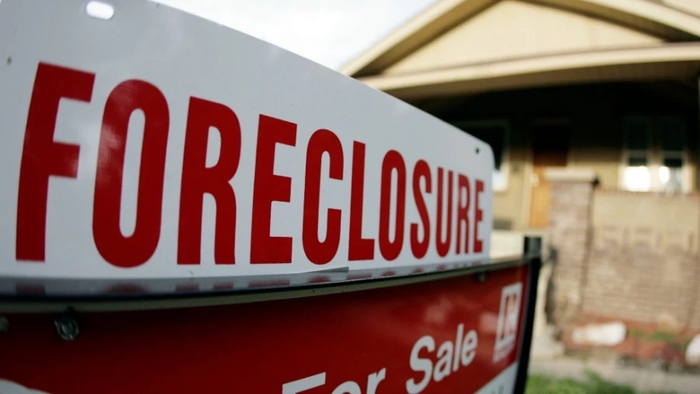By Matthew Vadum
The Supreme Court decided late on Jan. 13 to hear the appeal of a 94-year-old homeowner who is challenging the constitutionality of laws that allow local governments to take the full value of a home as payment for much smaller property tax debts.
The decision came after the Pacific Legal Foundation (PLF), a public interest law firm that is representing the homeowner, released a report last month saying that 12 states and the District of Columbia allow local governments and private investors to seize dramatically more than what is owed from homeowners who fall behind on property tax payments, according to a new report.
The PLF calls the practice “home equity theft.”
Minnesota law allows counties to retain windfalls at the expense of property owners, and from 2014 to 2020, about 1,200 Minnesota residents lost their homes, along with the equity they held, for debts that averaged 8 percent of the home’s value, according to the PLF.
The American Legislative Exchange Council (ALEC), an alliance of conservative lawmakers, is opposed to the practice. Laws should be changed to require surplus profits to be returned to a home’s prior owner after a “tax lien investor or county collects what it is due and any other debts or levies on the property are paid,” ALEC says.
“Home equity is property protected by the Constitution,” said Christina Martin, a senior attorney at PLF, after the high court granted its client’s petition.
“When the government takes more than it is owed in taxes, that’s home equity theft. We are thrilled the Supreme Court will hear this case, which we hope will end unconstitutional home equity theft across the country.”
The justices did not explain in an unsigned order why they agreed to review the case, Tyler v. Hennepin County, Minnesota, court file 22-166.
Geraldine Tyler owned a modest one-bedroom condominium in Hennepin County, but after she was harassed and frightened near her home, she moved to a new apartment in a safer neighborhood. The rent on her new apartment stretched her resources and she fell into arrears on her condo’s property tax bills, accumulating about $2,300 in taxes owed, along with $12,700 in penalties, interest, and costs.
The county seized Tyler’s condo, valued at $93,000, and sold it for just $40,000. Instead of keeping the $15,000 it was owed, the county retained the full $40,000, amounting to a windfall of $25,000, according to the PLF.
Tyler sued but her lawsuit was rejected by the courts, including the U.S. Court of Appeals for the 8th Circuit, which found that the legal forfeiture of the property extinguished the owner’s property interest.
Tyler welcomed the opportunity to have her day in court.
“It would mean a lot to me to win this case—especially because it would help other elderly people,” she said in a statement provided by the PLF.
Martin said the county was able to take $25,000 of Tyler’s money “that rightfully belongs to her … and the 8th Circuit said that was perfectly fine, and that any property rights that existed in that equity were abrogated by the Minnesota Legislature.”
The seizure of the funds was not a punishment within the meaning of the Excessive Fines Clause of the Eighth Amendment, the circuit court held, Martin told The Epoch Times in an interview.
The Epoch Times reached out for comment to Hennepin County but did not receive an immediate reply.
PLF currently has two other home equity theft-related petitions from homeowners—both in Nebraska—pending before the Supreme Court. One is Fair v. Continental Resources, court file 22-160, and the other is Nieveen v. Tax 106, court file 22-237.






